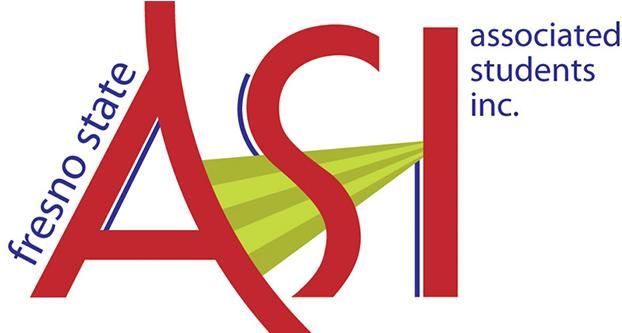Fresno State’s Associated Students Inc. (ASI) passed a resolution to increase the number of diaper changing stations across campus and discussed a campuswide sustainability initiative at the Feb. 24 senate meeting.
Fresno State student Jacqueline Campos Ledezma raised concerns to Allison Bacani, senator of student affairs, in regards to the lack of diaper changing stations across campus.
“There are only three locations on campus that really offer this service,” Bacani said.
Bacani noted that some of those bathrooms do not have the proper signage that indicates they are equipped with a diaper changing station.
The locations of the bathrooms with diaper changing stations are in the Joyal Administration Building, Thomas Administration Building and Professional Human Services building.
The proposal requires ASI to work with the Chancellor’s Office, the Office of the President and Fresno State facilities management to increase the number of diaper changing stations not only in Fresno State but also across the California State University (CSU) system.
Bacani cited Assembly Bill 1127 and how Fresno State has failed to fulfill California state law to the detriment of students, faculty and staff on campus. AB-1127 requires that a public building owned by a state agency, like Fresno State’s buildings, provide at least one safe, sanitary, convenient and publicly accessible baby diaper changing station.
ASI President Elizabeth Rocha Zuñiga supported the proposal as it provides a means for beneficial changes across the system in the future, and she said she hopes it will begin a movement across the CSU system to support students with dependents.
Senator of Transfer and Veteran Affairs Sam Smith raised concerns about whether the proposal would cost students money to install the new diaper changing stations. However, Executive Vice President Hisham Qutob clarified that the proposal seeks to encourage Fresno State to follow through with California law.
Senator for College of Science and Mathematics Mandeep Kaur asked if the current diaper changing stations were available to men and women to which Bacani acknowledged that the diaper changing stations were not available to men.
“To my understanding, they are only available in female restrooms only and again it doesn’t necessarily indicate there is signage,” Bacani said. “So even though it is open to students, they might not know it exists.”
The ASI Senate passed the resolution with unanimous support.
Following the resolution, Senator of Sustainability Jason Vang presented a resolution in regards to the ongoing effort to further sustainability on the Fresno State campus.
The sustainability resolution outlines details such as funding from the university and ASI for sustainability efforts, acknowledgment of sustainability policies and integration of sustainability throughout the university.
Vang cited ongoing sustainability efforts in the CSU system in addition to the Fresno State President’s support for the United Nations Global Compact, an initiative that encourages businesses to incorporate sustainable practices and policies. Fresno State joined the United Nations Global Compact on Feb. 16, 2021.
Vang said that the resolution seeks to fill the gaps that were left by inconsistent funding which hampered the progress of sustainability efforts on campus. He noted that Fresno State currently does not have an office of sustainability.
“As of now, we have students and faculty who are financially supported … to work and dedicate time for the development of sustainability on our campus,” Vang said. “And that’s what we want to further continue and hopefully get some fiscal support from ASI as well as other entities, including the president’s office, to help keep this funded.”
“We figured that a committee under ASI would be the most beneficial to our university to institutionalize sustainability on campus and for students to be able to be a part of the process,” Zuñiga said.
With the passing of the resolution, Zuñiga said she hopes that ASI would be better able to pursue sustainability efforts on campus with the collaboration of campus entities such as the president’s office or facilities management.
Smith said the vague nature of the resolution did not clarify how far-reaching the sustainability committee would be on campus and expressed concern for the possibility that the committee will micromanage different aspects of campus operations.
“It is nothing like micromanaging, it is more of a collaborative effort and just echoing student voices … It is just making sure we have that point of contact with admin [university administration] or any institution on campus,” Zuñiga said.
Several senators raised concerns as to how much the committee of sustainability would cost students, to which Vang said he was unsure.
Vang acknowledged that the resolution was not discussed with the ASI vice president of finance due to the changing nature of the resolution. He said they do not want to create additional fees for students.
Qutob suggested that Vang should clarify the language regarding who is responsible for financial support to ensure cross-entity financial support as opposed to ASI being the sole contributor.
Vang said he hopes to present a finalized resolution by the next ASI meeting as it’s slated to be voted on at the March 10 ASI senate meeting.
“This is not just a sustainability issue. This is a cultural aspect in that ASI has been made the scapegoat quite too many times … Sustainability is something we hold ourselves highly to, but ASI should not be the sole contributor nor should it be the main contributor,” Qutob said.




